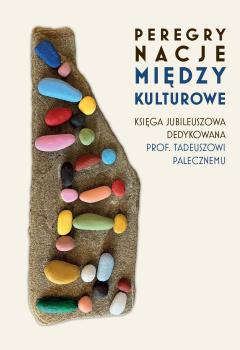„Stultorum plena sunt omnia” – Stultitia sicut culturae hereditatem .......... 391
Streszczenie
“STULTORUM PLENA SUNT OMNIA” – STULTITIA SICUT CULTURAE HEREDITATEM
The article considers the meaning of the opposite of wisdom from a heritological perspective. Wisdom and the related but not identical categories of knowledge, erudition, and reason are undeniably part of the intergenerational deposit of culture. Various means of communication, organised, structured ways such as science with its textbooks, lexicons, encyclopaedias, methods, and formalised and institutionalised entities such as schools, universities, scientific societies serve this purpose. They are part of the cultural heritage, as evidenced by lists and inventories of its tangible and intangible elements. Meanwhile, ignorance, lack of knowledge or simply stupidity – as a human experience – is sometimes overlooked in heritological reflection. Although they have been the subject of philosophers’ inquiries since the very beginning of such reflection, cultural scientists seem to shy away from addressing the issue directly. The present article fills this gap by discussing selected cultural themes which at the same time provide arguments for the thesis that, in addition to knowledge, stupidity is also an element of cultural heritage. Moreover, it manifests itself in various ways in human activity as creator or ‘destroyer’ of culture and its contemporary, conscious recipient or mindless consumer. The arguments are based on selected examples.





